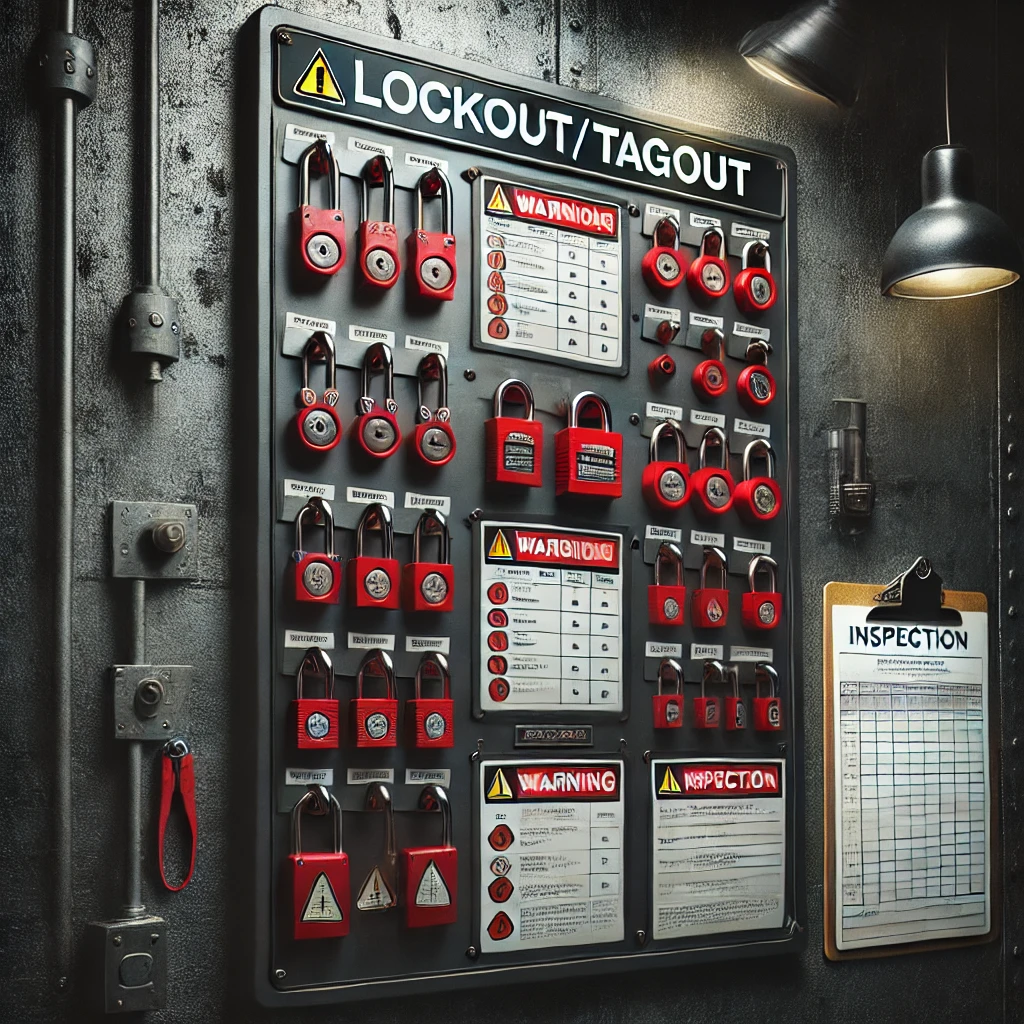Description
Lockout/Tagout Training That Saves Lives and Prevents Injuries
Lockout/Tagout training is essential for any team that performs maintenance, repair, or servicing on machines and equipment. This OSHA-compliant Lockout/Tagout training course gives you the knowledge and confidence to control hazardous energy and prevent unexpected startups that lead to injuries or fatalities.
What You’ll Learn in This Lockout/Tagout Training
You’ll learn how to apply lockout/tagout devices, isolate energy sources, and follow proper procedures from shutdown to verification. Our course breaks down the OSHA 1910.147 standard into clear, step-by-step guidance—perfect for technicians, electricians, supervisors, and safety professionals.
Why LOTO Safety Training Matters
Whether you’re working with electrical panels, hydraulic systems, or mechanical equipment, this Lockout/Tagout training teaches how to lock it out, tag it right, and verify it’s safe. Real-world examples and visual instruction make the content engaging and practical. This course empowers your team to act with confidence in high-risk environments.
Who Needs Lockout/Tagout Certification?
If you’re responsible for servicing, operating, or working near machines with hazardous energy, this training is for you. Maintenance crews, safety managers, machine operators, and anyone with hands-on roles will benefit from this focused, OSHA-aligned LOTO safety course.



Stay OSHA-Compliant with Proper Hazardous Energy Control
This course strengthens your hazardous energy control program, improves your overall safety culture, and helps you meet regulatory requirements. With clear instruction and easy-to-follow modules, your team will be ready to protect themselves and others during equipment servicing tasks.
Enroll in this Lockout/Tagout training today and take a vital step toward a safer, more compliant workplace.






1 review for Lockout/Tagout Safety Course
Ratings and Reviews
Every one involved in Lockout-tagout should take this course. It doesn't just tell you what the requirements are, you actually understand why the requirements are in place... for safety reasons as well as the requirements.